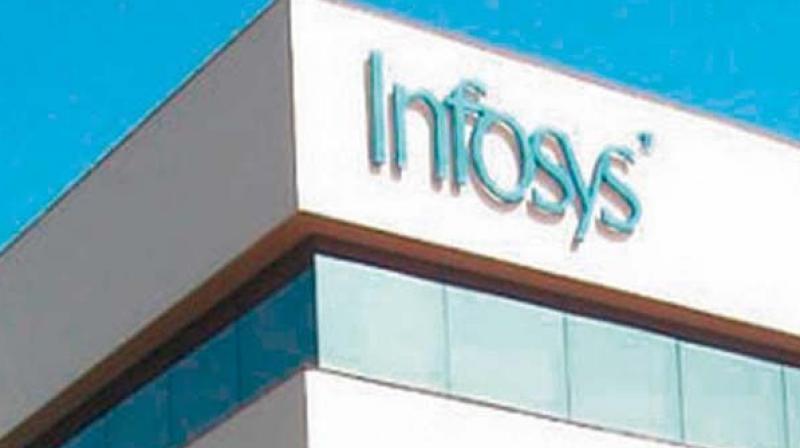Infosys sees no \"particular\" impact of Brexit
The company joins peer TCS in dismissing possibility of adverse impact of Brexit on the business prospects of Indian outsourcing industry.

Bengaluru: Country's second largest software services firm Infosys today said it does not foresee any "particular external impact" of Britain's exit from the European Union (Brexit) on its performance.
The Bengaluru-based company joins peer TCS in dismissing possibility of adverse impact of Brexit on the business prospects of the multi-billion dollar Indian outsourcing industry. "...from the banking perspective, we are not particularly affected by Brexit so far, beyond couple of isolated cases," Infosys CEO Vishal Sikka told reporters here.
Pointing out that Infosys has clients that are growing significantly in Europe and North America, Sikka downplayed the impact saying even though there are few clients seeing decline because of Brexit, he "did not see any particular external impact."
"In our industry, we tend to over emphasise this whole idea of impact of big macro factors like Brexit, oil and all that," he added. Tata Consultancy Services (TCS) yesterday said it is keeping a "close watch" on the events unfolding post Britain's decision to leave the European Union, but is yet to see any client-specific negativity.
"Sometimes in some areas like oil prices or Brexit or these kinds of things... can have some impact, but the bigger structural issues that is impacting all of our clients in our industry is the nature of computing the nature of digital," Sikka said.
The former SAP board member, who took over as Infosys chief two years back, said there is an opportunity for companies like Infosys that can take advantage and deliver digital services to clients.
When asked about the impact of the US election on the Indian IT sector, Sikka quipped, "Is it November 8th yet" US Presidential candidate Donald Trump has threatened to end outsourcing and put up many trade protectionist measures if elected to the White House.
The US is the largest market for the domestic software exporters. For Infosys, North America contributes 61.5 per cent of the revenues, while Europe and India accounted for 22.5 per cent and 3.4 per cent, respectively.

